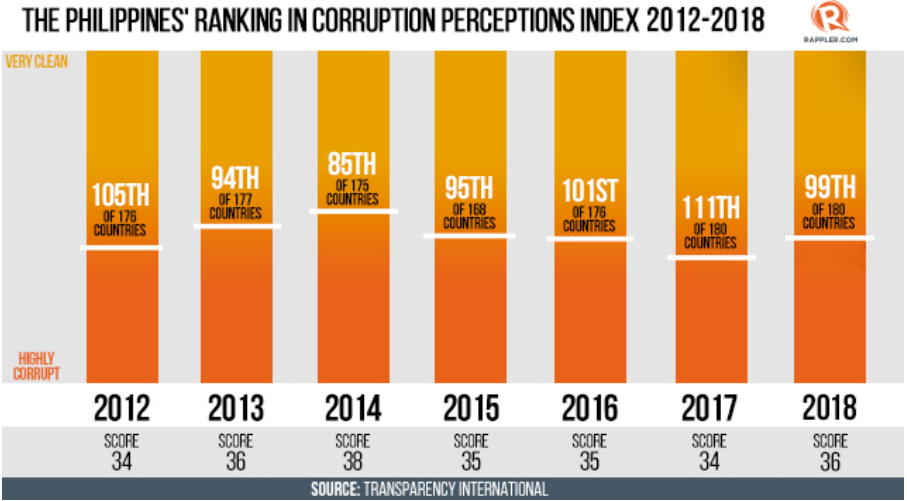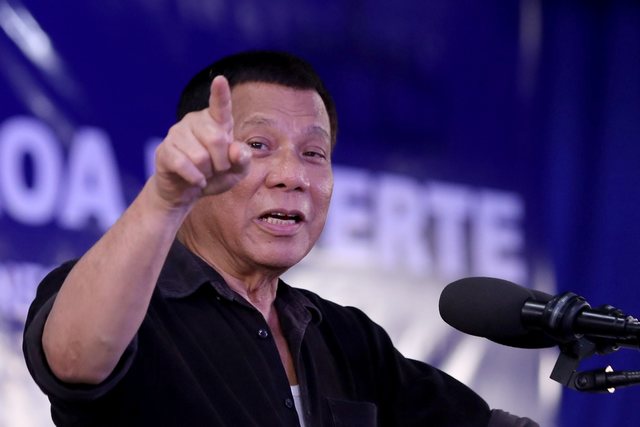Doing Journalism

Corruption has had a place in the Philippines ever since its introduction as an independent nation. As a result, the journalists in the country often write about government corruption. That among other political problems that journalists bring to light make the Philippines’s journalism fall under the doing journalism category.
Palawan’s recently reelected governor, Jose Alvarez, has been alleged of buying votes. The lawyer Robert Chan, executive director of Palawan NGO Network Incorporated (PNNI), had claimed that there were three confirmed cases of vote buying connected to Alvarez, who denies any such action.
In a related case, during the Philippine general election on May 13th, the Philippine National Police (PNP) caught minors involved with a vote buying group. Bernard Banac, a PNP spokesman, said that the arrested minors had cash and campaign leaflets, however no one has been jailed yet.
Even the president of the Philippines, Rodrigo Duterte is connected to corruption. Rappler, one of the Philippines’s leading online news outlets, compiled a list of 20 government officials that Duterte has fired for supposed corruption or misconduct. However, the president has taken no action to get charges filed against those he fired. As a result, all 20 officials have yet to be charged and four of them have been reassigned positions.

Filipino Journalists
In the Philippines, the average journalist’s age is 38 years old. They are also well educated with about 75 percent having a university degree and approximately 18 percent having a master’s degree. About 45 percent of those with a degree had one in journalism. Meanwhile, 17 percent had a degree in some form of communication and 12 percent ha a degree in both journalism and communication. On another note, the gender distribution is almost equal with women having slightly more men in the profession coming in at 51 percent.

Journalists in the Philippines do have one aspect that makes them stand out from their cohorts around the world and it’s that some Filipino journalists carry firearms. The Republic Act 10591 approved in 2013, allows journalists, as well as doctors, accountants and even priests, to carry small guns while out at work. The reason that journalists are included is because the Philippines is one of the most dangerous places for a journalist.
Despite the dangers, president Duterte has shown no sympathy towards journalists in his country.
“Just because you’re a journalist you are not exempted from assassination, if you’re a son of a bitch,” Duterte said.
He also said that journalists that were killed while reporting were often corrupt. In addition, Alan Robles, a Filipino journalist and blogger also noted that there is a lot of corruption in the Philippines’s journalism. He pointed that out with a nod to the fact that many journalists end up becoming politicians.
Whether or not journalism is prestigious within the Philippines is hazy because of the corruption. However, there are many cases that show the country’s good side of journalism.
The person who seems to be at the forefront of the nation’s outstanding journalists is Maria Ressa. She is a person I have wrote as being well regarded in her profession before and rightfully so.
As a recap, Ressa is the co-founder of Rappler, one of the Philippines leading online news outlets, and is currently the CEO and executive editor for it as well. Furthermore, she also held important positions for CNN’s Philippines and Indonesian branches, as well as ABS-CBN, one of the Philippines major media companies. Finally, she has also written two books of her own in “Seeds of Terror: An Eyewitness Account of al-Qaeda’s Newest Center of Operations in Southeast Asia” and “From Bin Laden to Facebook.”

Ressa, with the help of her colleagues of Rappler, have highlighted president Duterte’s infringements on human rights during his ” War on Drugs.” They have made the many extrajudicial killings connected to Duterte known to the world.
In response, Duterte has clamped down on the Philippines media and has especially targeted Ressa and Rappler for their coverage of him. Now, Ressa and her company are at the center of the Philippines battle for freedom of the press. She and others at Rappler have been charged with cyber libel, in addition to the violation of laws regarding foreign ownership of the company.